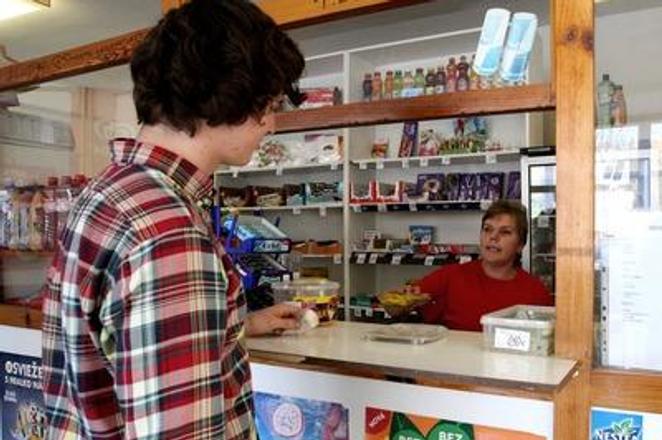The food on offer at school snack shops will not change after all, as parliament on December 4 accepted the reservations of President Andrej Kiska towards an amendment to the School Act that was supposed to do away with junk food at school snack shops.
The amendment was proposed by Smer MP Renáta Zmajkovičová and passed by the parliament on October 29 before Kiska vetoed it on November 19. He objected to what he called the vagueness and ambiguity that leads to a lack of clarity, according to the TASR newswire. Kiska also asked for a list of “banned items” to be scrapped form the bill, the SITA newswire wrote.
Parliament agreed with Kiska’s comments, but moved to place a request with the government to draw up a bill aimed at addressing the issue of food sold in schools that will ensure that schools offer food that benefits the health of their pupils. Zmajkovičová proposed that shops in schools should be required to get rid of all fast-food products, foods containing over 1.5 grams of salt per 100 grams, sweets, ice cream, ice lollies, energy drinks, alcohol, beverages containing quinine and flavoured soft drinks including those with added sugar and/or artificial sweeteners. She also proposed that shopkeepers who violate the legislation be subject to fines of €50-500.
In his response to parliament’s latest move on the bill, Most-Híd vice-chair Zsolt Simon said that common sense has prevailed in the governing Smer party. He added that, first and foremost, it is up to parents to educate their children on healthy foods.
The Food Chamber of Slovakia pointed out that Zmajkovičová’s draft bill is not based on any expertise and was not preceded by any expert debate, SITA wrote.
(Source: SITA, TASR)
Compiled by Zuzana Vilikovská from press reports
The Slovak Spectator cannot vouch for the accuracy of the information presented in its Flash News postings.

